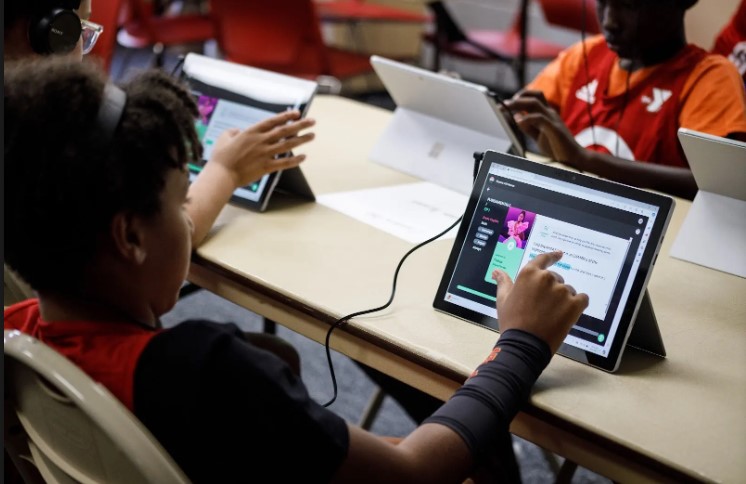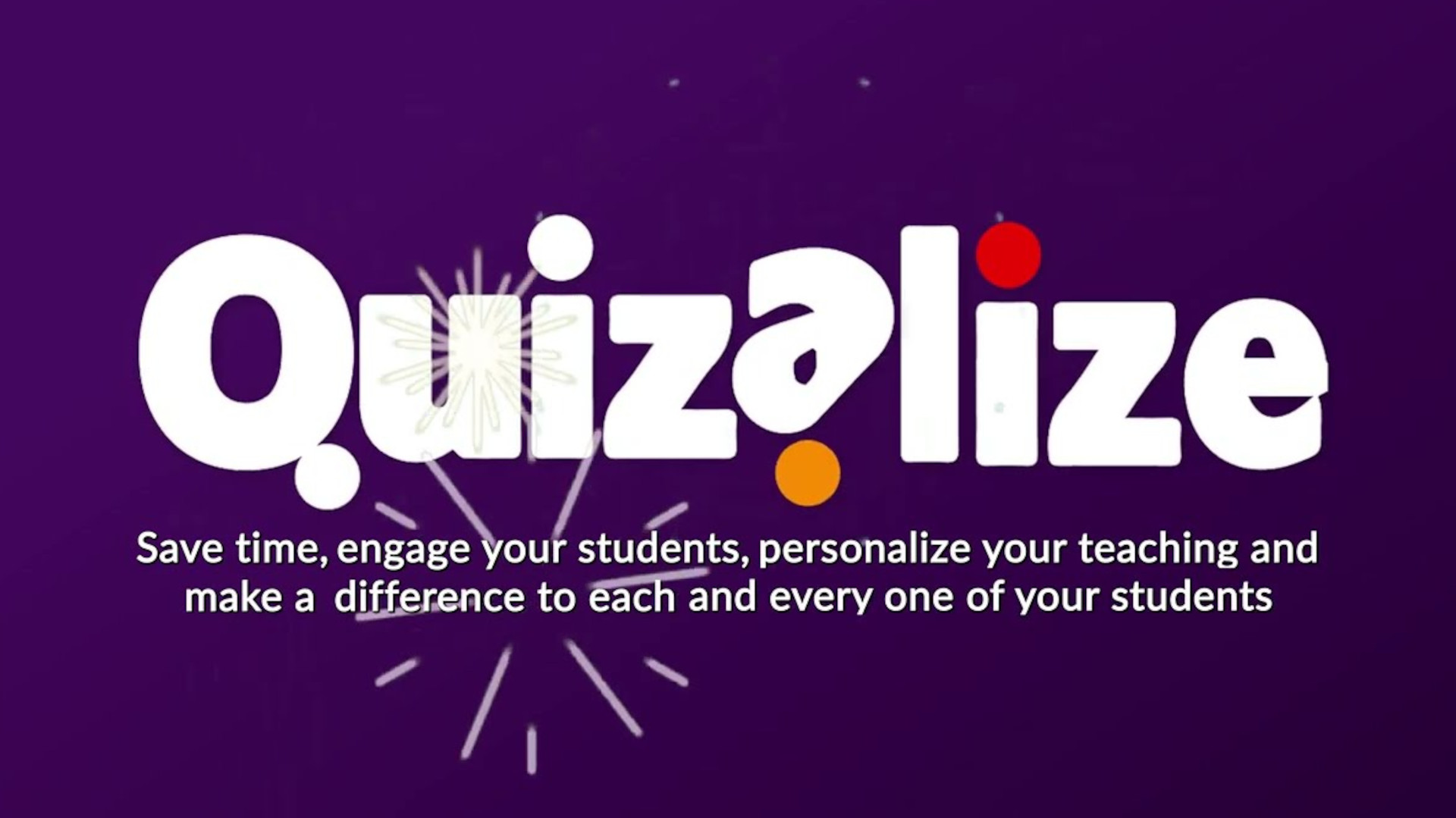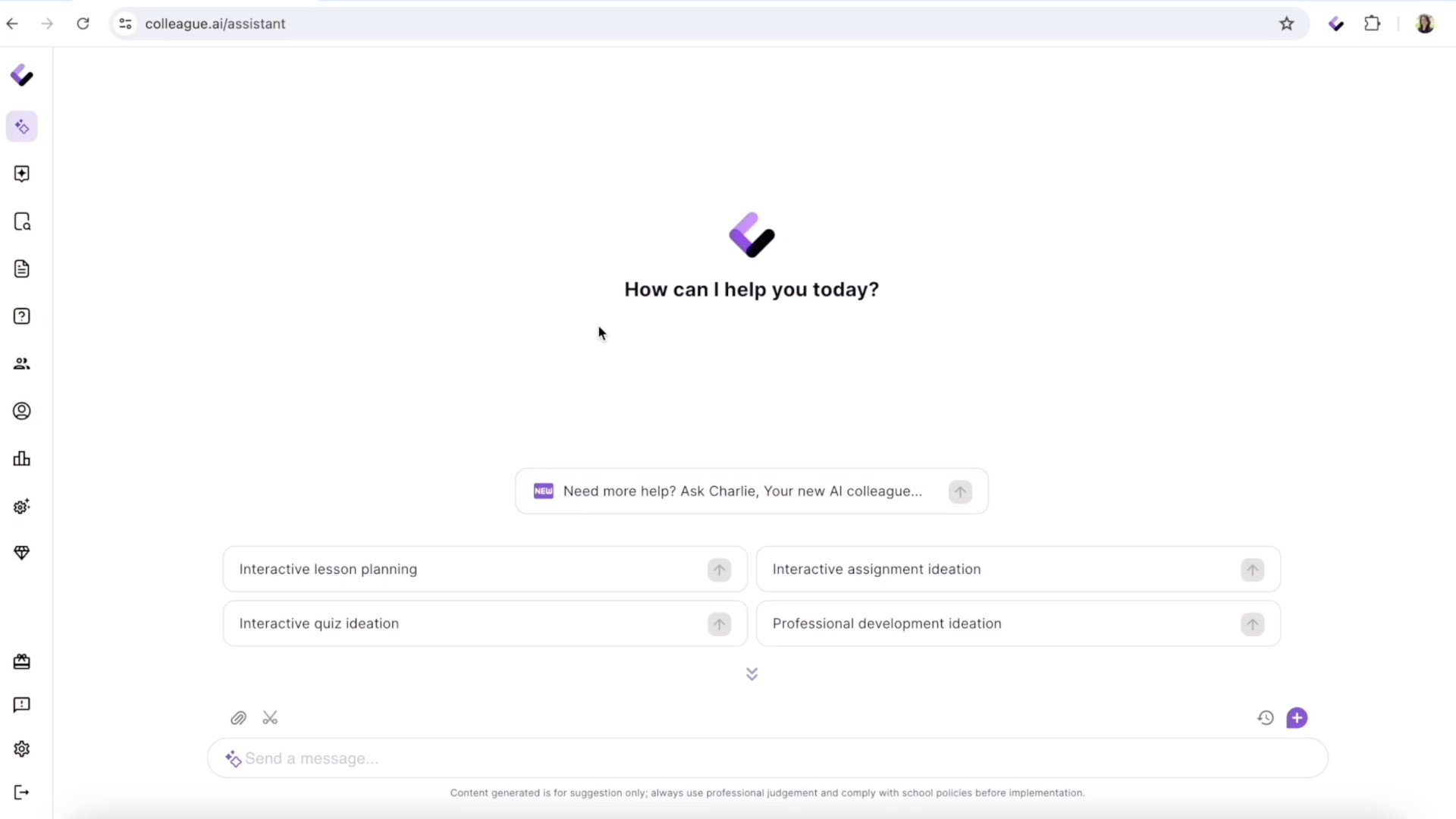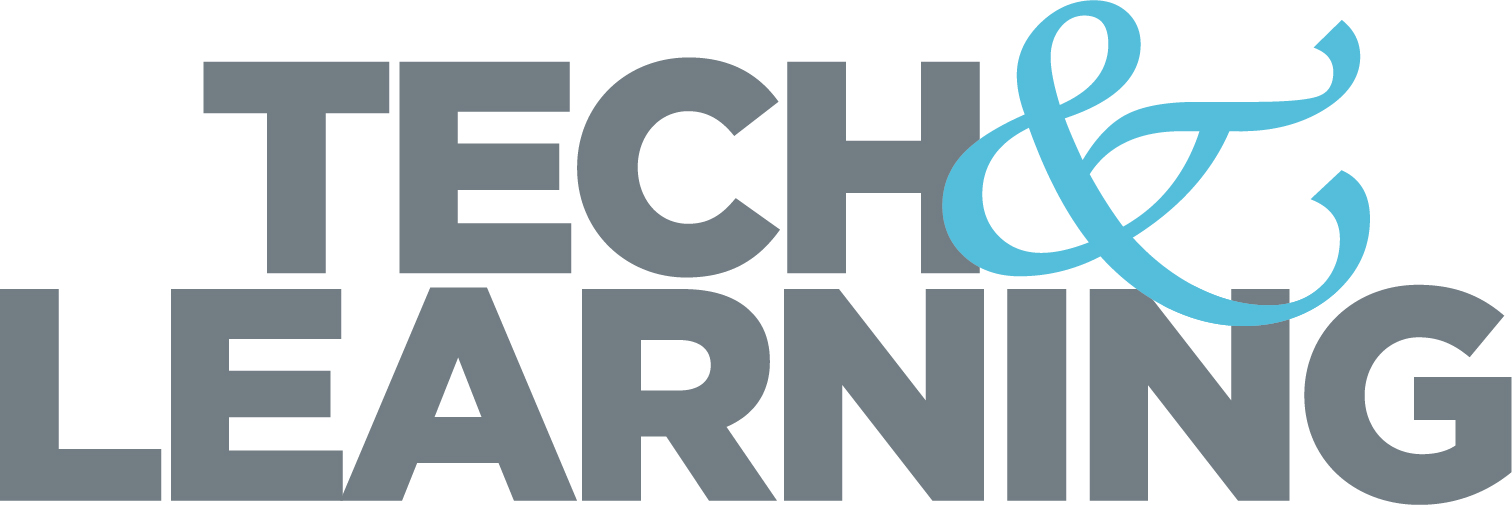How Rhymes with Reason is Educating Students Through Song
Rhymes with Reason provides an engaging solution to improve vocabulary by using popular music, which works across economic and racial backgrounds

One of the very first ways we learn how to communicate is through song. At Rhymes with Reason, an edtech company started in 2017 by Austin Martin, the goal is to help turn that learning process into a method that can help expand vocabulary and improve reading levels.
Rhymes with Reason is a program that provides an engaging solution to improve vocabulary by using popular music, which works across economic and racial backgrounds.
The Rhymes with Reason creator chats about his vision and what he hopes to accomplish with the service.
Lyrical Learning for Kids
The first song I ever remember learning was the ABC song. It was simple, melodic, and helped me remember my letters. It was also much easier to learn a song than it was to remember the letters individually. More than 30 years later and I still remember the ABC song just as well as I remember other songs that played on the radio or on my mom’s vinyl records from my younger days.
For Martin, founder and CEO of Rhymes with Reason, the typical methods of learning didn’t appeal to him. Music did.
“I didn’t like traditional academics. I didn’t see how it was relevant to my life and stuff I cared about,” says Martin. “But I’ve been obsessed with lyrics, obsessed with music, particularly hip hop, for my entire life. I would print out lyrics when I came home from school, research every single reference, every double meaning, and everything you could imagine. It made me into a good student, particularly in English and language arts, humanities and related subjects. Eventually I’d get really good at school and much of it was due to that investment that I made independently with music, lyrics, and my favorite art.”
From this early adoption of musical learning came the beginnings of a system that helps thousands of students learn vocabulary and reading skills today.
Tech & Learning Newsletter
Tools and ideas to transform education. Sign up below.
Why Music?
In one way or another, music plays a large role in our lives. We remember a lot just by associating moments with music. From early memories that are made clearer based on what we heard, to singalongs and mood enhancing music, to tunes of a generation that defined who we were at any given moment. Martin recognizes how music influences all of us, and uses it to help further our understanding of the English language.
“Some of our core memories as human beings are tied to songs. Like the song that you were listening to when you moved to college,” Martin says. “It’s a little after grade school, but maybe a song that you listened to when you won your first basketball game in middle school, right? We remember these things because there’s emotion attached to those memories. There are things that are near and dear to us that are attached to songs. We use that and ask how to couple that with learning and things you need to remember, things you need to retain to excel in school.”
But how are songs selected to be a part of this learning experience?
“The way that the selection process works, we created a search function machine,” Martin explains. “We have a lyric database that we license and we created a search function where we upload words. We may want to get 50 7th grade biology words. We will upload that word list into our database and it will show us all the times that those words have been used in popular songs. We can filter it by using different categories. Then there’s the curation on our part in terms of what's appropriate, what is the correct usage of that word. Because some artists might just throw out a word and might not use it correctly. Then we write exercises around those examples.”
With that database, Rhymes with Reason can search through thousands of modern songs to select those that accurately represent vocabulary words educators are looking to teach their students. With an added human aspect, the selection process doesn’t just provide instances of a particular word, but with the correct usage of the word as well. And through this process, curriculum can be made to further a student’s understanding of the English language.
The platform provides more than 3,000 vocabulary words, 4,000 learning exercises, and 2,200 quiz questions.
Looking To The Future
Music is a universal medium that impacts people on a global level, so it makes sense that Rhymes with Reason would focus on expanding in that direction.
“We’re piloting some stuff that’s better positioned to work with what we would call emerging bilingual students,” Martin says. “We’re also looking to move into every major urban city in America. That’s where our priority is in terms of scaling. With our business, we have strategic partners that help, in addition to schools that often help and support our program. We want to make our program available to as many schools as possible. We’ve partnered with the Cleveland Cavaliers for example, and they support our programming in Cleveland. We want to do that in every major American city."
Related:

Michael Millington is a senior staff writer for Tech & Learning. A writer and editor with over a decade of experience, his focus on bringing actionable information to those in need is the driving force behind his work. When not researching new advancements in technology, Michael likes to practice his Italian and train his dog Cyril.











